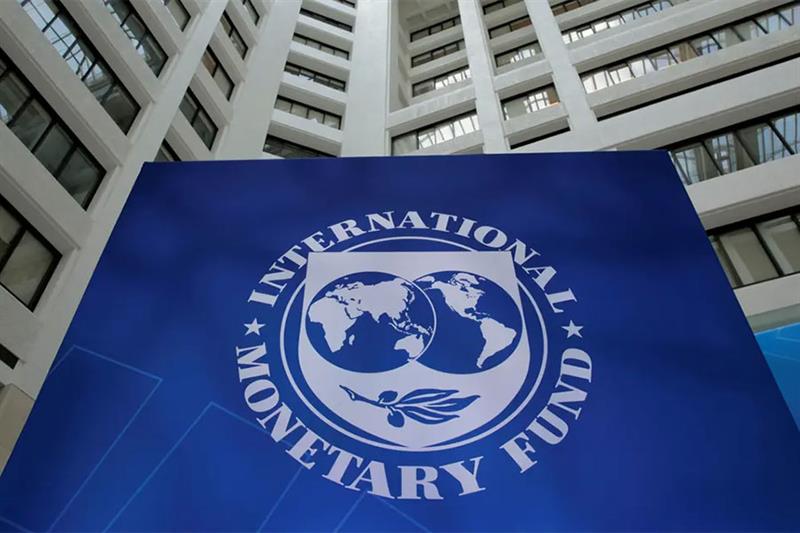
File Photo: The International Monetary Fund(IMF) logo is seen during the IMF/World Bank spring meetings in Washington, US. REUTERS
In its Global Financial Stability report, released on Tuesday as a part of the IMF’s and World Bank Group’s annual meetings, the IMF said that the outlook for portfolio flows has improved in emerging and frontier market economies since April, boosted by the ongoing economic recovery and robust global risk sentiment, even though local currency debt flows have not recovered from the first-quarter weakness. Hard currency issuance has rebounded strongly, with many lower-rated issuers returning to capital markets.
Also, emerging and frontier markets continue to face wide financing needs, according to the report.
Globally, the IMF noted that a prolonged period of extremely easy financial conditions, while needed to sustain the economic recovery, may result in overly stretched asset valuations and could fuel financial vulnerabilities in all economies.
“Some warning signs—for example, increased financial risk-taking and rising fragilities in the nonbank financial institutions sector—point to a deterioration in the underlying financial stability foundations. If left unchecked, these vulnerabilities may evolve into structural legacy problems, putting medium-term growth at risk and testing the resilience of the global financial system”, the report warned.

Moreover, the report said that the global banking sector has continued to play a crucial role in supporting the flow of credit to the economy.
With the exception of a weak tail in some countries, banks have remained resilient, reflecting years of capital buildup following the global financial crisis reforms and continued unprecedented monetary and fiscal policy support, according to the report.
The report pointed out that global financial sector—and the investment fund sector in particular—can play a crucial role in luring private investment to accelerate the transition to a low-carbon economy and mitigate climate change (Chapter 3).
“With investor awareness of catastrophic events rising in the wake of the pandemic, flows into sustainable funds, and into climate funds in particular, have surged since early 2020”, according to the report.
For the monetary policy, the report cautioned against a risk that real rates may pick up significantly in coming years.
It also noted that a sudden change in the monetary policy stance of advanced economies may result in a sharp tightening of financial conditions, adversely affecting capital flows and exacerbating pressures in countries facing debt sustainability concerns.
Short link: